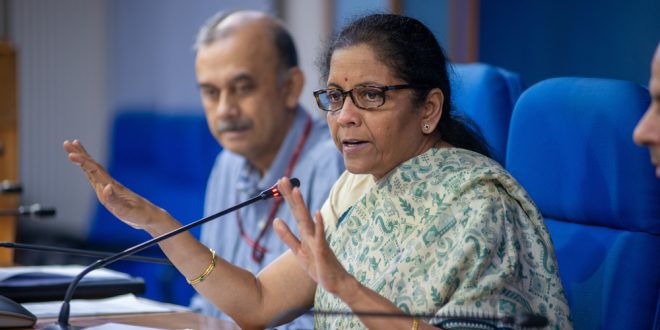The 53rd meeting of India’s Goods and Services Tax (GST) Council has brought relief to the country’s gambling sector. No changes were proposed to the current 28% GST, which is levied on the full value of bets placed on online games.
Prime Minister Modi’s cabinet first implemented this nationwide tax hike in October 2023, increasing the GST from 18% to 28%.
The 28% GST applies to every player deposit made to all online gaming providers, regardless of their offerings. Previous attempts to advocate for a 28% GST on Gross Gaming Revenue (GGR) instead of deposits were unsuccessful.
This tax hike has led major operators like Superbet, the parent company of Betway, to exit the market, while FTSE100 Flutter Entertainment, which operates India’s Rummy Junglee, is considering its next steps. The impact of this tax has even prompted Google to revise its real-money gaming (RMG) policy on the Play Store, which was announced earlier this year.
The increased GST rate has resulted in online gaming companies receiving tax evasion notices, some dating back to 2017. This has led to numerous complaints being filed in India’s Supreme Court over the perceived unfair impact.
Both international and local companies, such as Indian casino and gaming provider Delta Corp, have expressed concerns that the revised tax and subsequent evasion notices are straining their operations, resulting in mass layoffs and forced corporate restructuring.
At the recent GST Council meeting, India’s Finance Minister Nirmala Sitharaman supported a proposal to waive all interest and penalties on notices issued between FY 2017 and FY 2020.
According to India’s Directorate General of Goods and Services Tax (DGGI), online gaming providers had the highest “duty evasion” amount for FY 2022-23, totaling around £647 million.
A report by Ernst & Young and the US-India Strategic Partnership Forum (USISPF) described the GST as “crippling” or “catastrophic” for company revenues, with most companies struggling to stay afloat under the current tax regime.
Describing it as a “winter of funding,” the EY and USISPF report noted that there has been no new capital flow into the gaming sector since the new regime began in October 2023, despite companies raising $2.6 billion in 2019. The study highlighted that GST taxation is consuming between 50% and 100% of the revenue of 33% of companies, sometimes exceeding their total revenue.
Additionally, more than half of the companies surveyed in the sector are now facing stagnant or declining revenues, with 25% recording a decline in growth of up to 50%.
This revenue decline has heavily impacted employment in the sector, with many companies halting hiring, initiating layoffs, or closing down entirely.
Despite these challenges, with the budget for the next four years set to be passed in July and no GST overhaul in sight, experts remain optimistic about the sector’s prospects. They believe the situation could improve if the Indian government makes a clear distinction between games of skill and gambling for tax purposes.
Don’t forget to subscribe to our Telegram channel!











